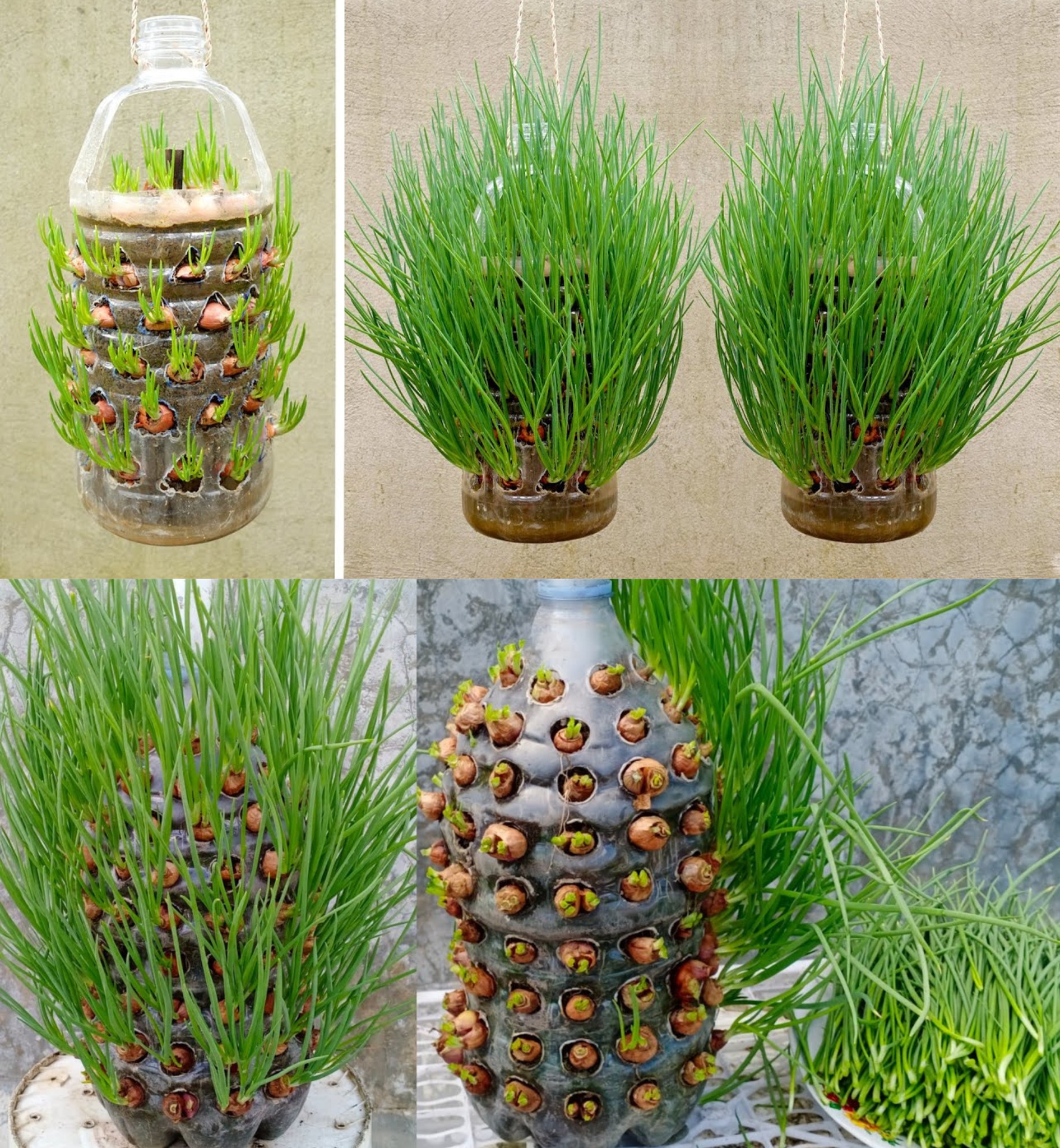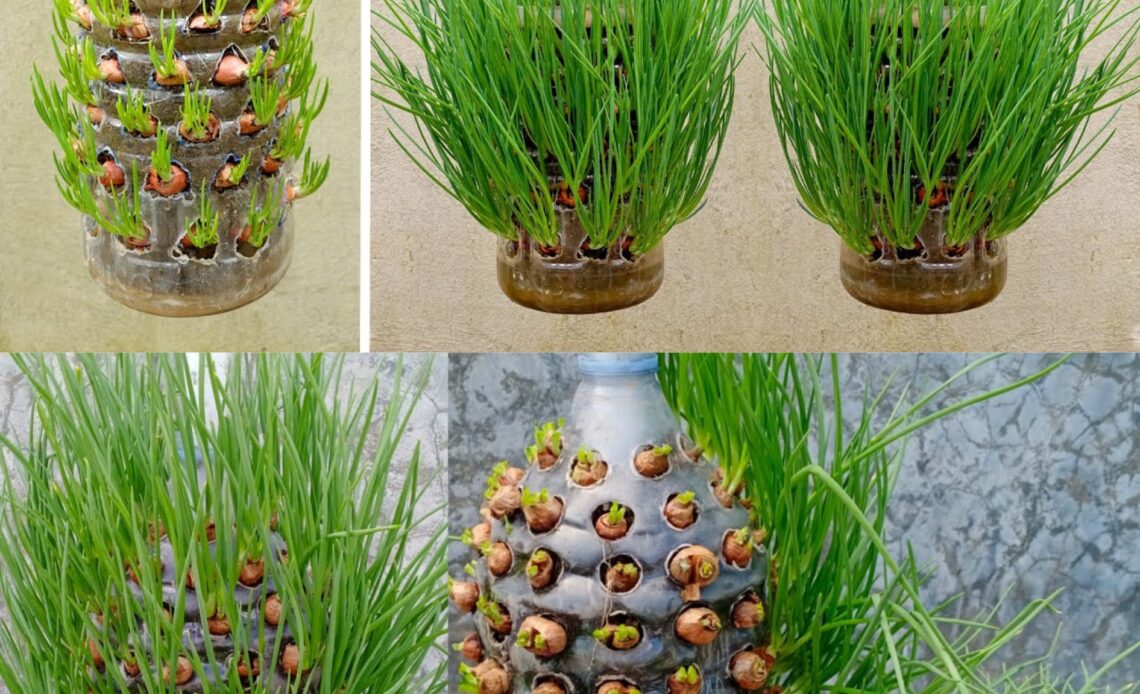
Onions, a culinary essential, are indispensable in any garden, known for their simplicity in cultivation, requiring neither extensive space nor specialized equipment. To cultivate onions successfully at home, all you need is suitable soil and a few specific steps.
Choosing the Onion Variety: Onions are available in three main varieties: white, yellow, and red or purple, each distinguished by its distinct taste. White onions are known for their robust and tangy flavor, while yellow onions tend to be sweeter. Red onions adapt well to both cooked and raw dishes. The choice of variety is influenced by taste preference and the regional climate, as certain varieties are better suited to specific temperature conditions. Additionally, the growth time varies, with short-day onions germinating in winter and suitable for southern regions, while long-day onions germinate in summer, thriving in northern climates.
Selecting the Planting Type: Onions can be planted either from seeds or bulbs. Planting by seed involves initial indoor cultivation, with subsequent transplantation outdoors. On the other hand, planting by bulbs is more robust and faster, making it suitable for home planting. Bulbs for transplantation are readily available from nurseries, requiring approximately four months for a harvest.
Choosing the Right Planting Location: The choice of planting soil is crucial for a bountiful harvest. Onions thrive in rich, light, and loose soil, particularly favoring peaty soil that is neither overly clayey nor sandy. Nutrient-rich soil is essential, with compost rich in phosphorus and potassium preferred over chemical fertilizers. The soil preparation should be done about a month in advance, ensuring it is sunny and well-drained.
Determining the Optimal Planting Time: Onions can be planted in spring, at the end of summer, or in winter, with specific conditions for each period. Spring planting is ideal for bulbs, while end-of-summer planting accommodates both seeds and bulbs. Winter planting starts indoors, with transplantation occurring in spring. Regardless of the season, it’s recommended to plant onions during the waning moon.
Planting Onions: Rather than directly planting onions in the garden, it is advisable to prepare the bulbs by placing them in moist potting soil two weeks beforehand. After germination indoors, the bulbs can be planted in the previously prepared garden. Follow these steps:
- Make holes approximately three times the length of the bulb.
- Maintain spaces of 10 to 15 cm between plants and 40 cm between crop rows.
- Place the bulbs in the holes and cover them with soil.
- Finish planting with watering.
Maintaining the Plantation: Although onions are resilient, some maintenance is necessary, including light and regular watering, protection against infections and diseases (often achieved by planting radishes alongside onions), managing insects (using insecticidal soaps), and ensuring a stable temperature between 15 and 25°C. Hoeing is recommended for weed removal, preserving bulb integrity. Proper companion planting with carrots, strawberries, tomatoes, lettuce, cucumbers, and beets is advised, while avoiding legumes like peas or beans.
Harvesting Onions: Onions are ripe when their tops turn slightly golden yellow. Harvest by pulling them from the earth, then dry them in the sun for one or two days. Move them indoors and store them in a dry, screened storage bin. Harvesting typically occurs after four months, but the duration varies based on onion variety and cultivation method.
Share Article:
